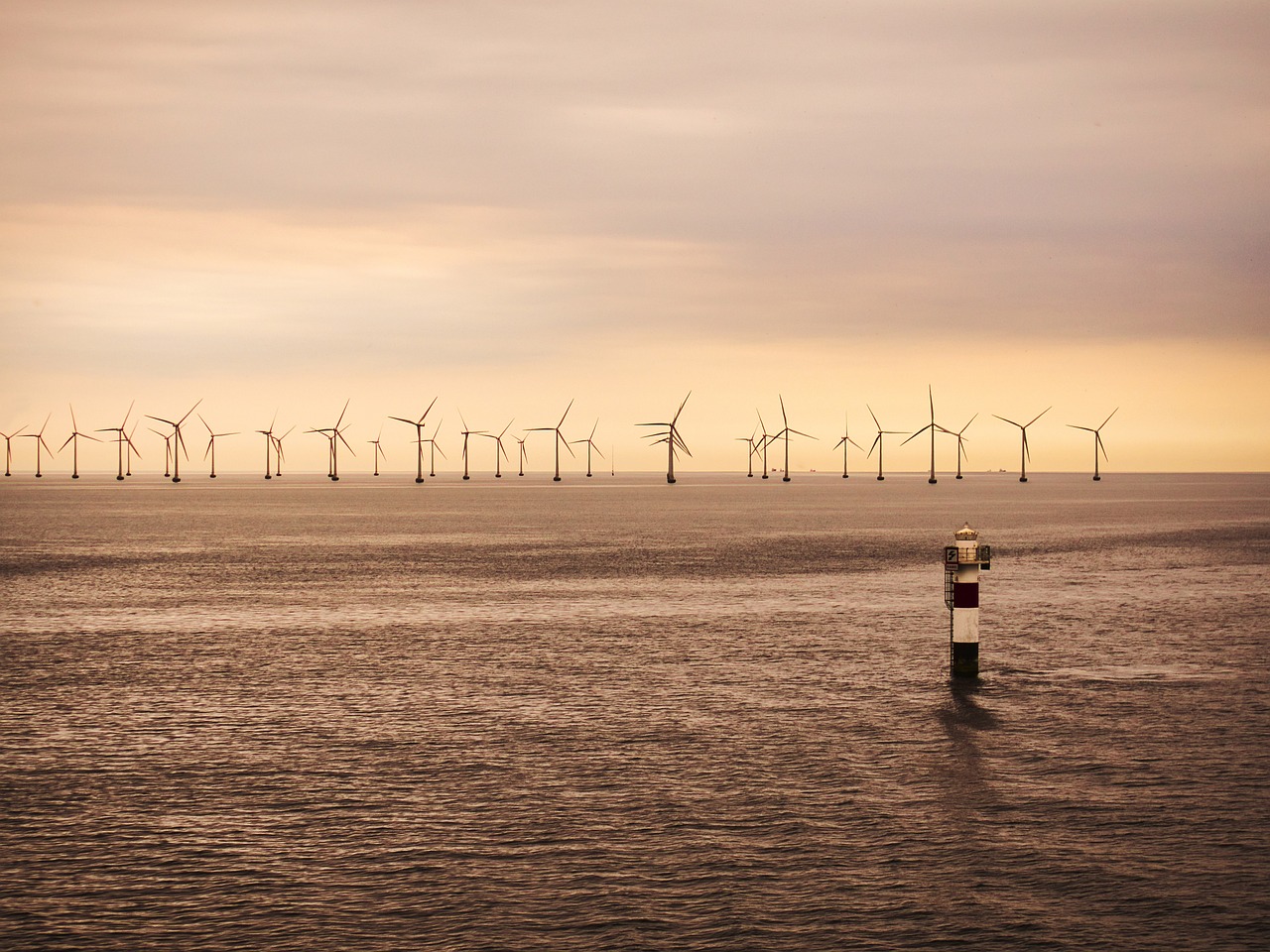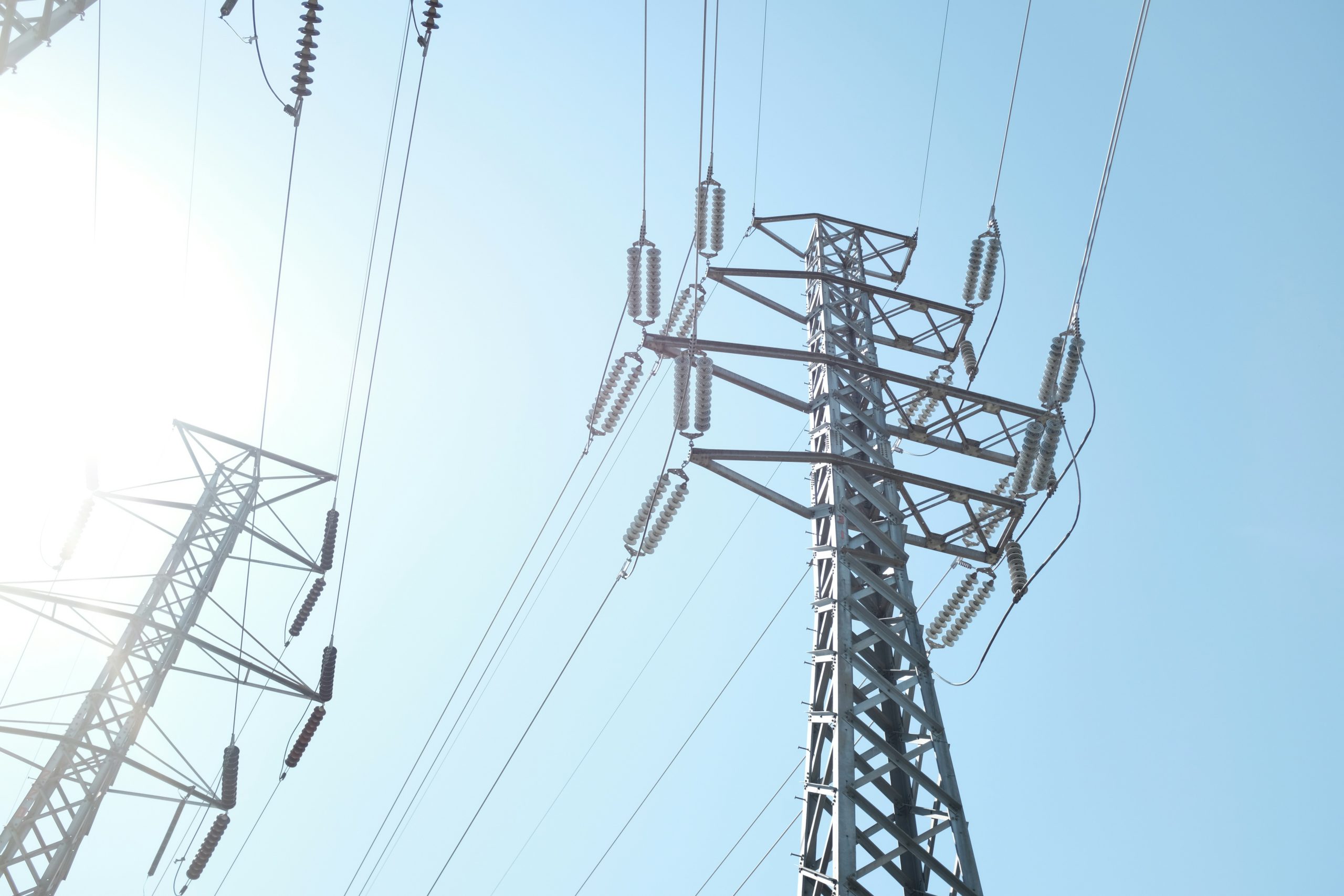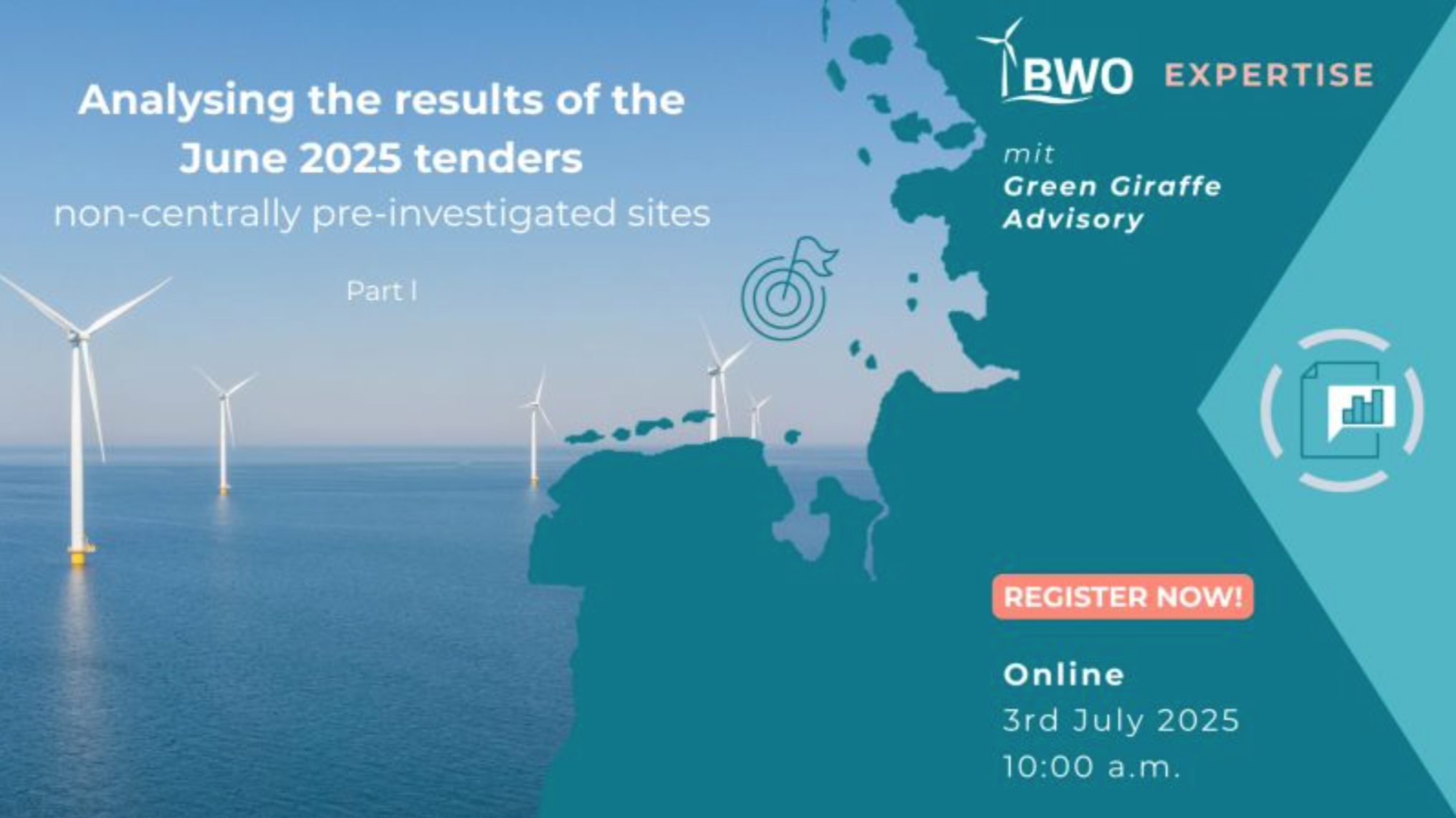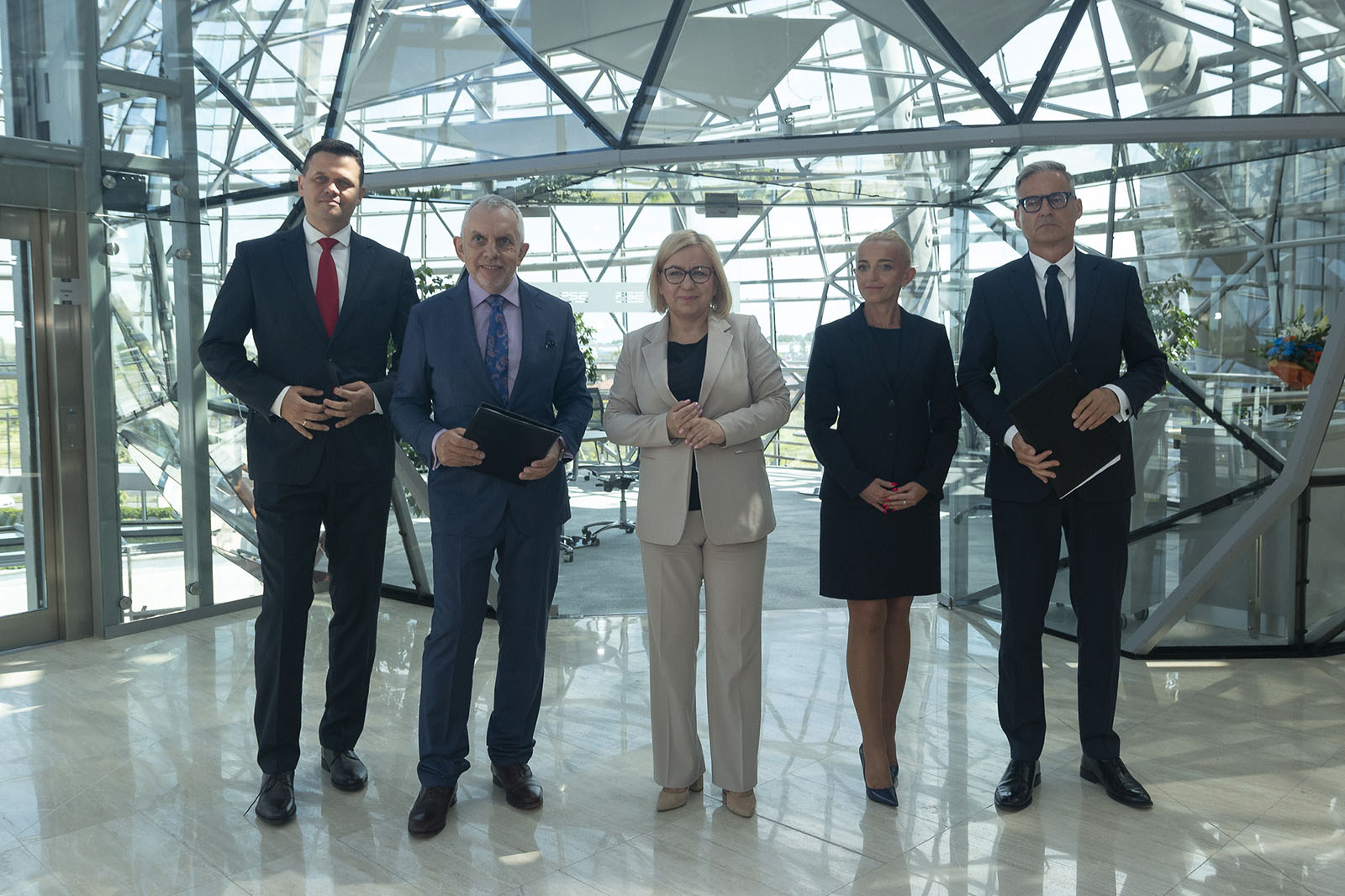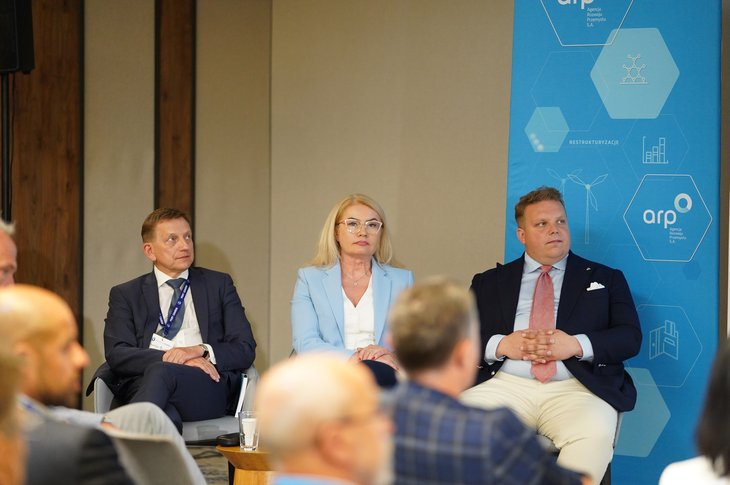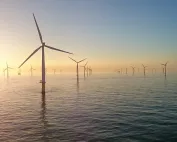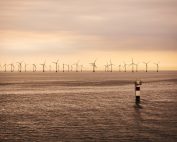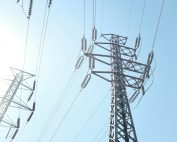Todd Jensen, Senior Analyst–Offshore Energy Markets at MSI, delves into the complexities of the European offshore wind sector in an analysis published in Offshore Magazine. Amidst promising growth prospects, the sector faces challenges stemming from supply chain constraints and rising costs.
European countries aiming for robust offshore wind installation growth in recent years have encountered setbacks as governments and developers grapple with a tight supply chain and escalating costs. The substantial upfront costs of wind farm construction, coupled with less attractive energy rates from governments, have led to project delays and cancellations.
Despite short-term setbacks, the future outlook for the European offshore wind sector remains positive. Potential energy rate increases offered by government authorities are expected to stimulate growth, particularly towards the end of the decade as projects progress to final investment decisions (FID).
Europe continues to lead in offshore wind capacity, with significant expansion projected in the coming years. By 2028, Europe is forecasted to increase its capacity to 95 GW, with countries like the UK and Germany at the forefront of installations.
The longer-term growth of offshore wind in Europe is bolstered by upcoming auctions in key markets such as Germany, Denmark, the UK, France, and the Netherlands. Notably, Germany’s plan to auction 8 GW underscores the region’s commitment to offshore wind development.
Despite challenges with fixed-bottom projects, the prominence of floating wind farms is expected to rise later in the decade. However, hurdles such as high costs and competition for vessel resources may impede floating wind installations.
Vessel demand is poised to increase alongside offshore wind installations, with a significant rise expected in demand for foundation installation vessels (FIVs), wind turbine installation vessels (WTIVs), and service operations vessels (SOVs). Crew transfer vessel (CTV) demand is also on the rise, reflecting the need for efficient personnel transportation to offshore wind farms.
Efforts to advance Lithuania’s offshore wind energy capacity hit a snag as the country cancels its second tender for a wind farm due to lackluster interest from developers. As last reported by BalticWind.EU Despite comprehensive preparatory work and enthusiastic governmental support, the tender failed to attract desired developer engagement. In response, the Lithuanian Ministry of Energy plans to consult with industry stakeholders to explore options for reviving the tender process and potentially setting a new launch date. Daniel Kreivys, Lithuania’s Minister of Energy, emphasizes the strategic significance of the offshore wind farm project for the country’s energy independence and expresses determination to swiftly relaunch the tender with enhanced project attractiveness and resilience against market fluctuations.
Source: MSI & Offshore Magazine & BalticWind.EU



